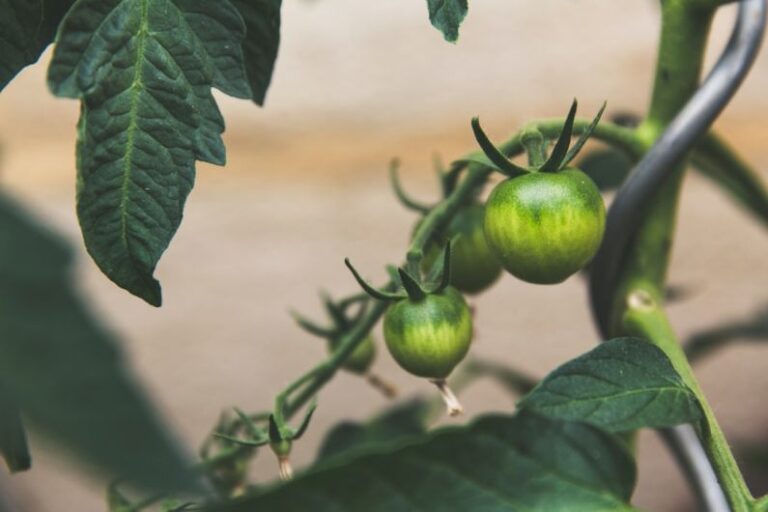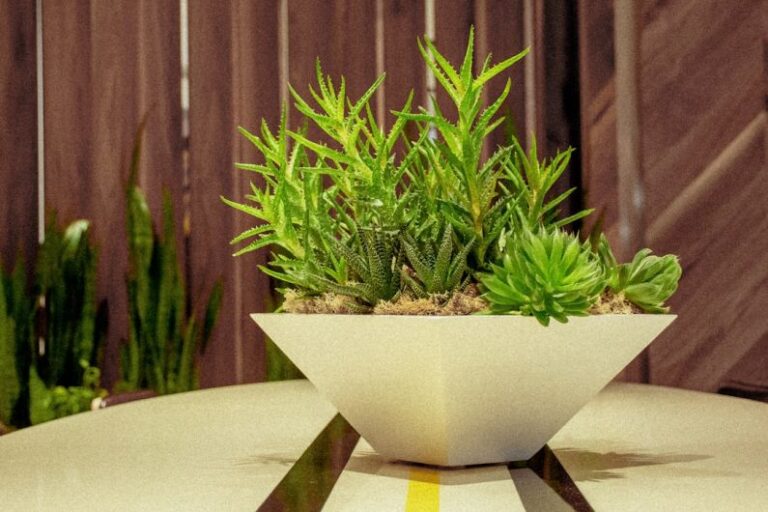Creating a Compost System for Your Home Garden
Gardening enthusiasts understand the importance of nourishing the soil to ensure vibrant and healthy plants. One way to achieve this is by creating a compost system for your home garden. Composting is a natural process that transforms organic waste into nutrient-rich soil amendment, providing your plants with the essential nutrients they need to thrive. By setting up a compost system, you can reduce waste, improve soil quality, and contribute to a more sustainable environment.
Getting Started with Composting
Composting is a simple and rewarding practice that anyone can do, regardless of their gardening experience. To get started, you will need a designated space in your garden or backyard for your compost pile or bin. Choose a location that is easily accessible and receives a good amount of sunlight. The ideal spot should also be well-drained to prevent waterlogging.
Next, decide on the type of composting method that suits your needs. Traditional composting involves layering green and brown materials in a pile and turning it regularly to promote decomposition. If you prefer a more contained approach, consider using a compost bin or tumbler, which helps regulate moisture and airflow.
Green and Brown Materials
Successful composting relies on a balanced mix of green and brown materials. Green materials are nitrogen-rich and include items such as fruit and vegetable scraps, coffee grounds, grass clippings, and plant trimmings. Brown materials, on the other hand, are carbon-rich and consist of items like dried leaves, straw, shredded paper, and cardboard. Aim for a ratio of roughly 2:1 brown to green materials to ensure proper decomposition.
Layering and Turning Your Compost
To kickstart the composting process, begin by layering your green and brown materials in alternating layers. This helps create a diverse mix of nutrients and encourages the growth of beneficial microorganisms. As you add more materials to your compost pile, be sure to turn it regularly to aerate the pile and promote decomposition. Turning the compost also helps distribute moisture evenly and prevents unpleasant odors.
Maintaining Your Compost System
Proper maintenance is key to a successful composting system. Monitor the moisture levels of your compost pile regularly, ensuring it is damp but not waterlogged. If the pile becomes too dry, add water to improve decomposition. Conversely, if it becomes too wet, mix in additional brown materials to absorb excess moisture.
Additionally, be mindful of the size of your compost pile. A larger pile retains heat better and decomposes faster, while a smaller pile may take longer to break down materials. Consider the needs of your garden and the amount of waste you generate when determining the size of your compost system.
Using Your Compost
Once your compost has fully decomposed, it will resemble dark, crumbly soil and emit an earthy smell. This nutrient-rich compost can be used to amend your garden soil, enrich potting mixes, or top-dress existing plants. Incorporating compost into your garden helps improve soil structure, retain moisture, and enhance nutrient availability for your plants.
Benefits of Composting
Composting offers a multitude of benefits for both your garden and the environment. By diverting organic waste from landfills, you reduce greenhouse gas emissions and minimize the strain on municipal waste systems. Compost also acts as a natural fertilizer, promoting healthy plant growth and reducing the need for synthetic chemicals.
In conclusion, creating a compost system for your home garden is a sustainable and rewarding practice that enhances soil health and supports plant growth. By following these simple steps and maintaining your compost system, you can harness the power of organic waste to create nutrient-rich soil amendment for your garden. Start composting today and reap the benefits of a healthier garden and a greener planet.






